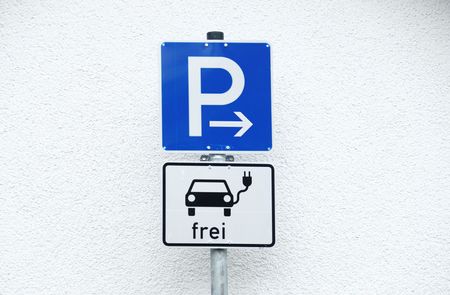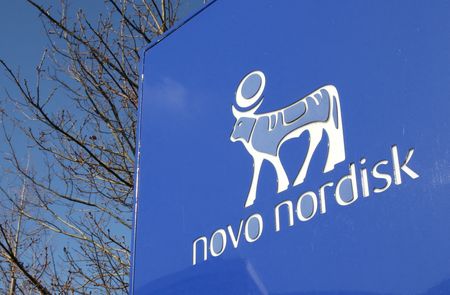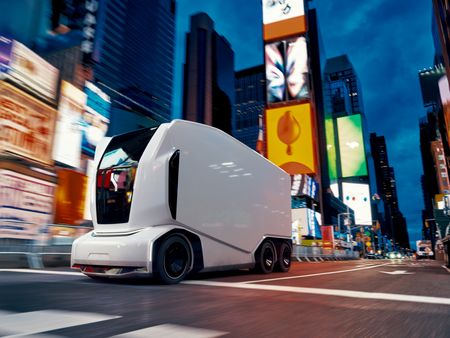BERLIN (Reuters) -Consumer demand for electric cars in Germany is not as strong as official data would suggest due to dealers and manufacturers increasingly ‘self-registering’ their vehicles, a German industry association said on Monday.
Self-registrations can help companies meet certain targets, including European CO2 requirements, the ZDK association for motor vehicle trade said.
“Nearly one in four newly registered cars in October was self-registered,” ZDK President Thomas Peckruhn said in a statement, calling this a warning sign.
“This shows that the market’s growth is not currently driven by genuine customer demand, but is primarily being sustained by artificial stimuli from manufacturers and dealers,” he added.
Official data from Germany’s KBA agency showed that registrations of purely electric vehicles in Germany increased by around 39% year-on-year in the first 10 months of 2025, accounting for some 18% of all new car registrations.
The ZDK said self-registrations in that segment were up 51%, citing the 10-month data.
The VDA lobby for German carmakers did not immediately comment on the data, nor did the VDIK, which represents international carmakers in Germany.
Carmakers like Volkswagen, BMW and Mercedes-Benz are lobbying Brussels to weaken the European Union’s current 2035 phase-out target for new combustion engines, pointing to a slower-than-expected uptake of EVs, which are also costlier to make.
(Reporting by Rachel More, editing by Thomas Seythal)










